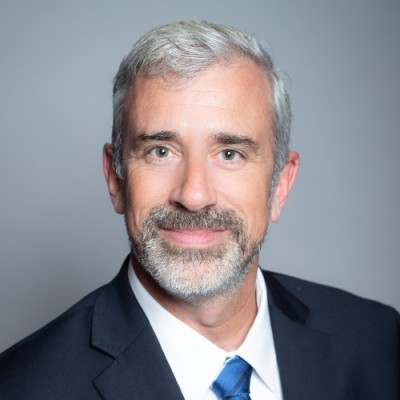- Blog
- A New Era in Cashflow - How can Account Payables drive profits in the new financial era?
A New Era in Cashflow - How can Account Payables drive profits in the new financial era?
Business and finance leaders are grappling with a key question right now. How long is the ‘new normal’ that we’ve adopted likely to last? Are we are sitting on the brink of a brave new world of business trading? Or are we just biding our time – temporarily swapping business lunches and commuting for Zoom meetings and leisurewear – while we wait for things to go back to ‘the old normal’?
As countries around the world face a second lockdown, how can we keep enhancing Accounts Payable (AP) efficiency, boosting profitability, and reducing supply chain risk? And, more importantly, what can ancient Greek philosophy and elastic bands all tell us about the future of cashflow? These are just some of the questions that Financial Times columnist and economist, Tim Harford, and I grapple with in the latest episode of Basware Bytes. We also do some future mapping and look at the realities of what’s being dubbed the ‘New Financial Era’.
Economists talk about ‘hysteresis’ – a Greek term referring to the elasticity of change. In other words, the further we’re made to ‘stretch’ out of our usual habits, the less likely we are to fully ‘snap’ back into the old ways of doing things.
So how could this idea help us unravel what’s happening in the current economic climate – and even provide us with a map to the future?
Tim Harford says it’s about understanding how we’re likely to respond to the changes we’re undergoing today. Whether we will use the opportunity to gain a fresh perspective and transform out of this crisis in new, almost unrecognisable ways. Or if we will continue to hanker after the ways of old – quickly returning there as soon as we have an opportunity.
The answer, of course, is “a bit of both”
While many of our deeply embedded habits have had quite a shake-up in recent months, some of the basic human values and psychological needs that drive us and the way we do business won’t have changed very much at all. The need for connectivity, for human-to-human contact, the draw and buzz of the big cities. You could say that we’re currently in the process of finding new journeys to well-known destinations.
Yet, to some extent, long-term change will of course be inevitable. Many of us went into the Covid crisis thinking that we were just making a few temporary changes for the weeks ahead. We’re now realising it’s quite likely that some of the older, manual ways of doing business will never again resurface – even in a relatively safe, post-Covid world. And that’s probably for the better.
Again and again, we’ve seen how social and business disruption can become an agent for healthy change. An opportunity to find better, more efficient ways of achieving our goals – and even reassessing those goals.
So what part of the old world are we most likely to return to? And what will be the newer, better ways of doing things that really stick?
Embrace digital changes in AP
For me, the question most businesses need to be asking is how to fully embrace the digital changes that have been on the horizon for a very long time but have suddenly become much more urgent.
In the field of accounts payable, there is a huge need to embrace change – often by speeding up the pace of digital transformation that was already underway – in order to keep businesses ticking over, payments moving, and cash flowing. In many ways, those AP teams who are showing the greatest flexibility in these turbulent times are turning out to be the heroes of the enterprise.
Proving that agility really is strength in the modern business world.
But how might our need for safety and familiarity – and the ‘old ways’ of doing things impact the direction businesses take over the next few months? As global firms get ready to face the challenges ahead, will AP automation really be the best way to address market volatility, prevent insolvency, and reduce supply chain risk? And what light does Brian Eno’s concept of ‘attentiveness’ throw on our ability to find creative new ways out of a crisis?
Tune in to hear more about how we believe the financial and business world is turning – and what the future holds in store for us all.
Related
-
By Martti NurminenFrom the Office of the CFO: The Path to Touchless Invoice Processing – A Perspective and Lessons from Basware's Own AP Automation Journey
-
By Basware RepresentativeAccelerate Your Business Growth with Basware AP Automation: Fast Track to Value
-
By Basware RepresentativeUnveiling CFO Strategies for Long-Term Value Creation – Webinar Insights
-
By Anu HämäläinenUnlocking the Power of AI in Finance: A Dive into Invoice Ingestion Revolution
-
By Christopher BlakeComplexity to Clarity: Forrester's Expert Take on AP Invoice Automation
-
By Anu HämäläinenThe Evolution from OCR: It's Time for a Change
-
By Christopher BlakeChoosing AP Excellence: Finding the Right Solutions Amid S2P Suite Challenges
-
By Basware RepresentativeUnlock the Power of Invoice Digitalization: Watch Our On-Demand Webinar Now!

